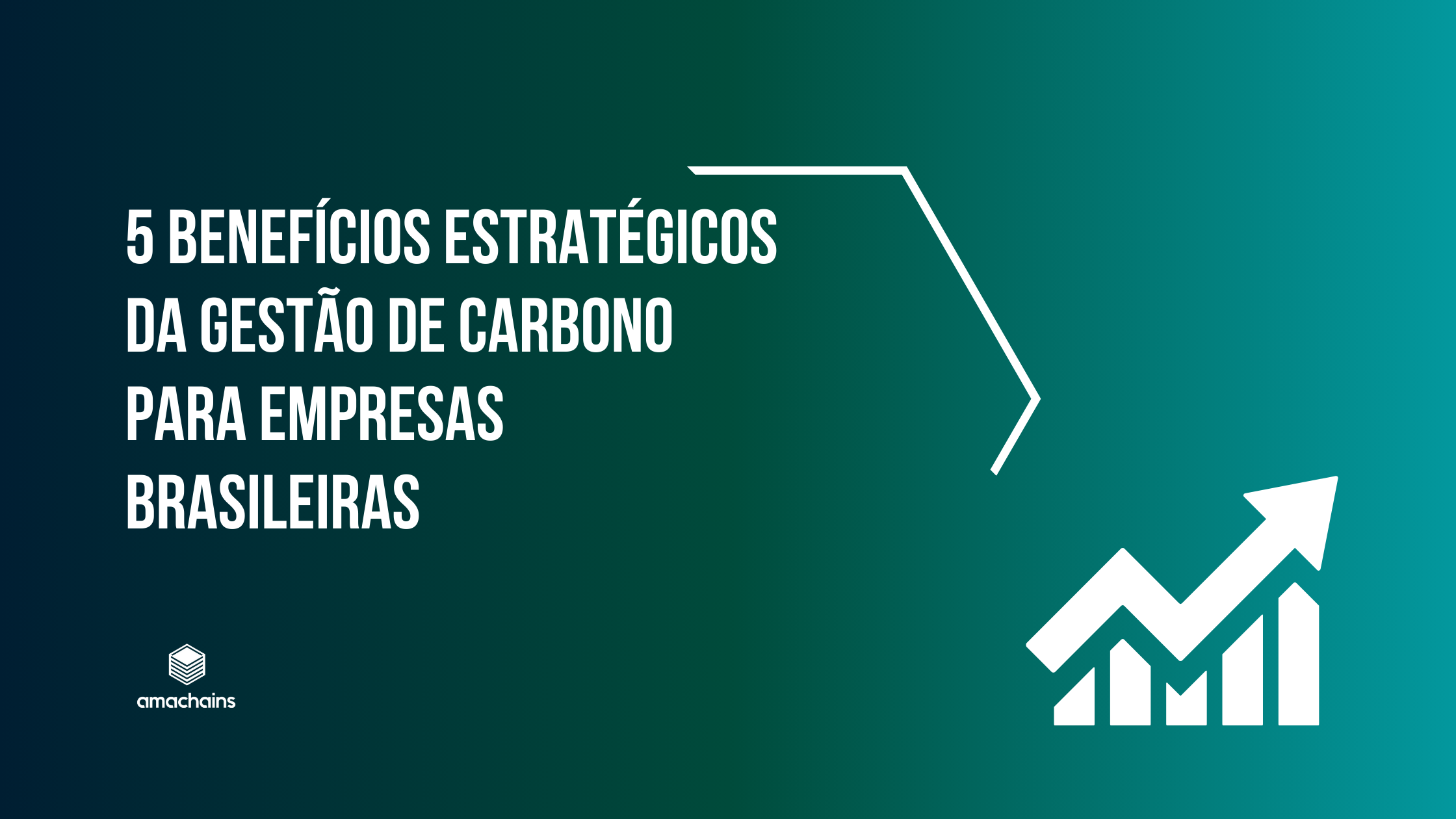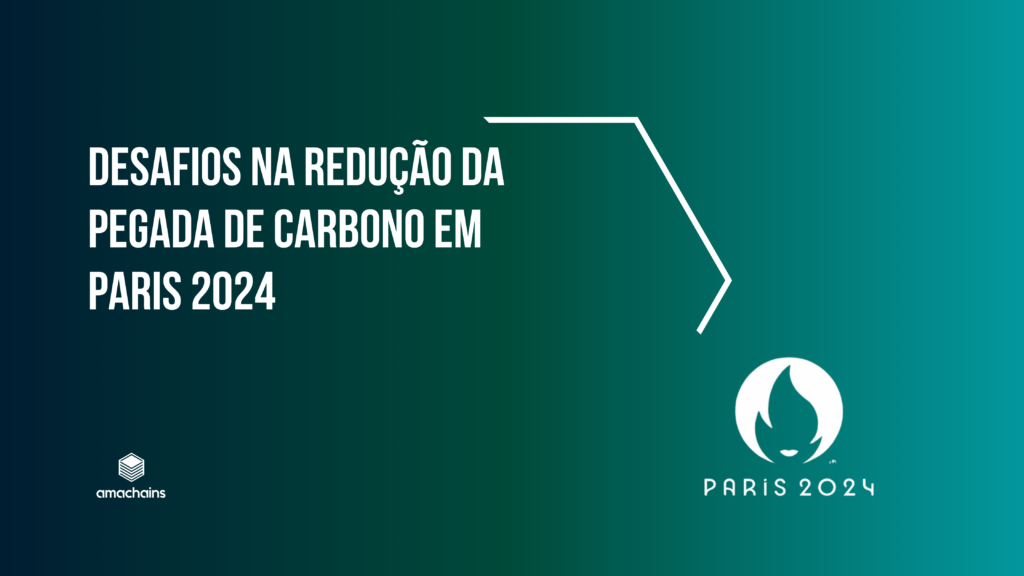While the Paris 2024 Olympic Games are undertaking a number of initiatives to reduce their carbon footprint, the journey to achieving these goals is fraught with significant challenges. Traceability and accounting of emissions, as well as standardization of criteria, are just some of the obstacles the organization faces. In addition, experts and civil society organizations have raised concerns about the robustness of the measures adopted, suggesting that the initiatives may be insufficient to achieve a real and significant reduction in greenhouse gas (GHG) emissions.
Traceability and Accounting of Emissions
One of the main challenges for any major event seeking to reduce its carbon emissions is the accurate tracking and accounting of these emissions. Identifying all sources of emissions associated with the Olympic Games, from the construction of venues to the transportation of spectators, is a complex task.
According to a report published in April 2024, around 70% of Paris 2024’s carbon emissions are without a robust mitigation strategy. The report highlights that many of the emissions associated with indirect activities, such as international travel by spectators and suppliers, are not adequately accounted for, which could compromise the integrity of carbon reduction efforts. As a result, without effective traceability, it becomes difficult to monitor actual progress towards the set targets.
Standardization of Criteria
The lack of standardized criteria for measuring and reporting carbon emissions is another significant challenge. Different calculation methodologies can lead to discrepant results, making it difficult to compare and assess data. Harmonizing these methodologies is essential to ensure transparency and credibility of emissions reduction efforts.
Standardization also extends to carbon offsetting practices. While Paris 2024 plans to invest in offsetting projects such as tree planting and ecosystem restoration, the effectiveness of these projects can vary. Without clear, standardized criteria to assess and certify the quality of these projects, there is a risk that offsets will not result in the expected carbon reductions.
Experts and civil society organizations have expressed concerns about the sufficiency of the measures adopted by Paris 2024. Researcher Yannick Jadot, for example, has stated that “the current model of the Olympic Games is incompatible with a low-carbon world.” Jadot argues that despite good intentions, the Olympic Games, by their very nature, are events that generate a significant amount of emissions due to the construction of infrastructure and the global mobility required.
Furthermore, Carbon Market Watch has criticized the Paris 2024 approach, saying that “carbon neutrality commitments are often illusory and do not reflect real emissions reductions.” The organization points out that without a fundamental change in the way the Olympics are organized, emissions will continue to be a significant problem.
Practical and Logistical Obstacles
In addition to the technical issues, there are also practical and logistical hurdles to overcome. Implementing renewable energy technologies, for example, requires significant investment and coordination between multiple stakeholders. Ensuring that all suppliers and partners adhere to established sustainability standards is also a challenge, especially when dealing with complex global supply chains.
Transport logistics is another major challenge. Although Paris 2024 is promoting the use of public transport and electric vehicles, the mobility of hundreds of thousands of people during the event poses a huge logistical challenge. Existing infrastructure may not be sufficient to cope with demand, resulting in congestion and additional emissions.
Paths to Follow
Despite these challenges, Paris 2024 can serve as a laboratory to test and develop new approaches to large-scale events. The lessons learned can help to improve sustainability strategies for future editions of the Olympic Games and other major events.
To address traceability and accounting challenges, it is crucial to invest in advanced monitoring systems that can track emissions in real time. Leveraging technologies such as blockchain can increase transparency and data accuracy.
Harmonizing carbon measurement and offsetting criteria should be a priority. Establishing international standards can help ensure that sustainability practices are consistent and verifiable.
Furthermore, collaboration between governments, international organizations and civil society is essential to develop effective and scalable solutions. Sharing knowledge and best practices can accelerate progress towards more sustainable events.
The Paris 2024 Olympic Games represent an important step in the right direction, but achieving a significant reduction in carbon footprint requires more than good intentions. Addressing the challenges of traceability, accounting and standardization is crucial to ensuring that sustainability efforts result in real emissions reductions. With continued collaboration and innovation, it is possible to transform the way major events are organized, promoting a more sustainable future for all.








